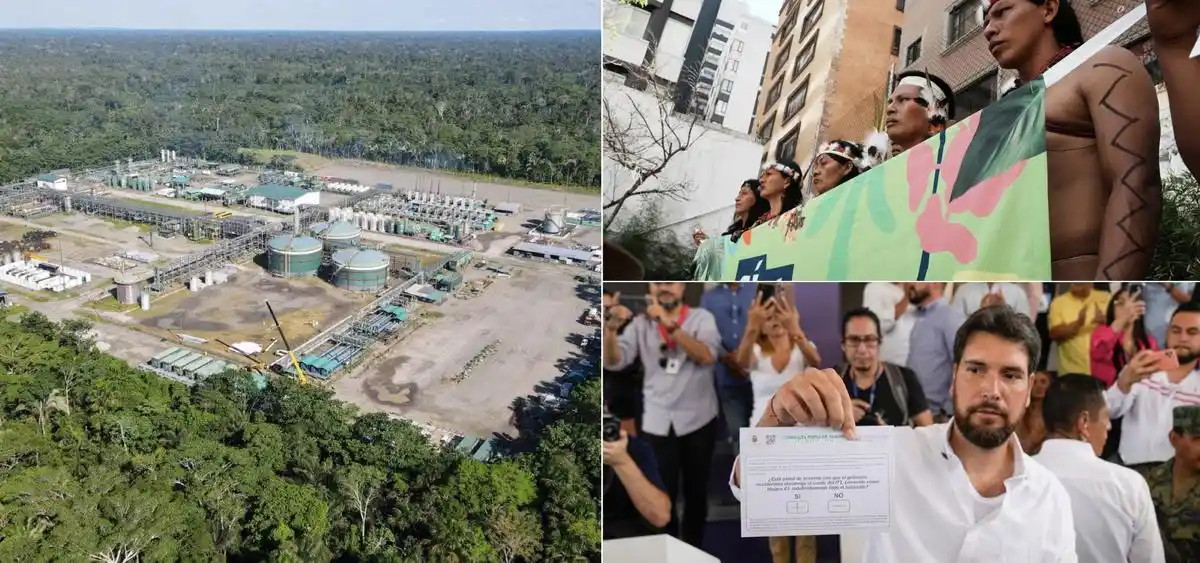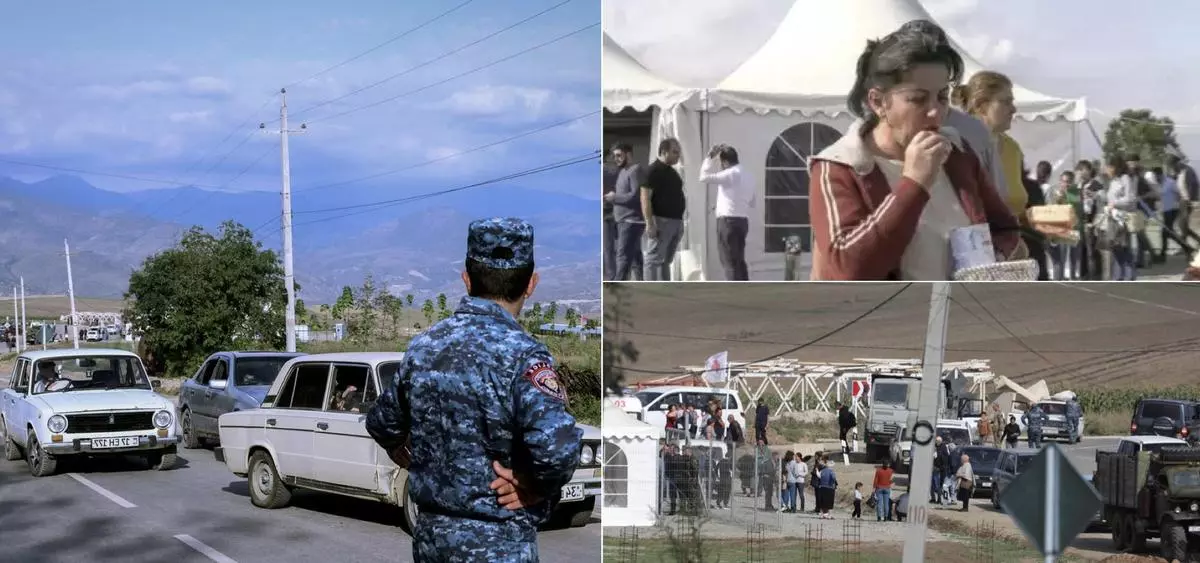Ecuador’s Landmark Vote Signals Amazon Oil Drilling and Mining Ban, Echoing Environmental Change in a Crucial Step Forward

Credit: Google | Aerial view of Tiputini Processing Center | Waorani indigenous community halts oil exploration within Yasuní National Park.
In a pivotal moment for Ecuador’s environmental and economic future, referendum votes have decisively upheld bans on oil drilling in the Amazon and mining near Quito, stirring cheers from Indigenous leaders and environmental advocates. The referendum regarding the Yasuni Amazon reserve revealed that just under 59% of voters approved the ban on oil development in the Yasuni Amazon reserve, while the prohibition of mining in the Choco Andino forest near Quito garnered 68% support.
Ecuador votes to ban oil drilling in part of Amazon, mining outside Quito https://t.co/rKD0o6NvFA
— Reuters Science News (@ReutersScience) August 21, 2023
These referendums have left both environmentalists and extractive industry stakeholders in a fervent debate. The Yasuni ban is set to curtail about 12% of Ecuador’s daily crude oil output, amounting to around 480,000 barrels per day. While Indigenous leaders and environmental groups laud this move as a triumph for biodiversity and protection of uncontacted communities, the decision is predicted to lead to a 1.9% reduction in the country’s projected economic growth between this year and 2026.
Proponents of the bans, including Juan Bay, president of the Waorani Indigenous community, and Ene Nenquimo, a Waorani leader, emphasize the years of determination behind this victory, highlighting the preservation of both nature and vulnerable communities. However, oil and mining associations argue that these bans could jeopardize Ecuador’s already strained economy, blocking potential investments and leading to indemnity payments that could amount to billions.
The votes are perceived as sending a message to investors, signaling a shift away from unchecked resource extraction. Major U.S. banks and asset managers are included in this equation. However, concerns are raised about the potential financial strains caused by the bans, especially in a nation already grappling with various economic challenges, from health to education.
The implications for the environment are profound. The Yasuni Amazon reserve alone is home to an astonishing 650 species of trees in a single hectare, and countless animal species, underlining the significance of these bans in safeguarding biodiversity.
Ecuador’s choice to ban these activities has worldwide significance, reflecting the growing acknowledgment of the need for sustainable resource management in the face of climate change. While environmentalists and Indigenous advocates celebrate this as a monumental stride towards protecting Earth’s vital ecosystems, the road ahead is underscored by the complexities of balancing economic stability with ecological preservation. As Ecuador steps into a new chapter, the debate continues on the far-reaching consequences of these resolute decisions.
RELATED NEWS
WEB STORIES FOR YOU
Stay connected with Today On Globe for the latest Global Issues and News Updates.
Explore more related articles at [TOG News / TOG Article]




















